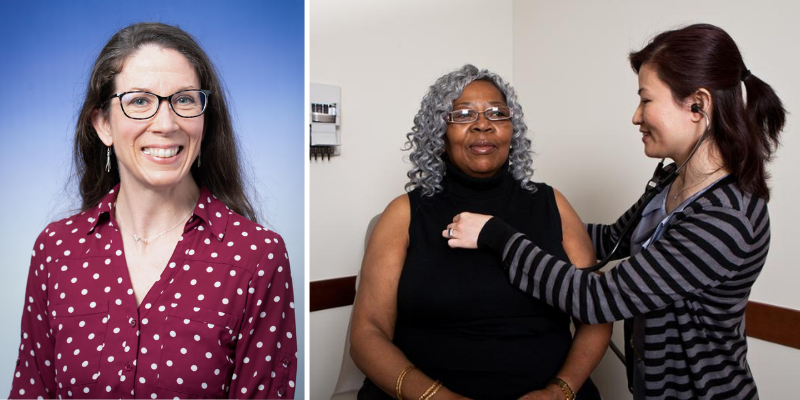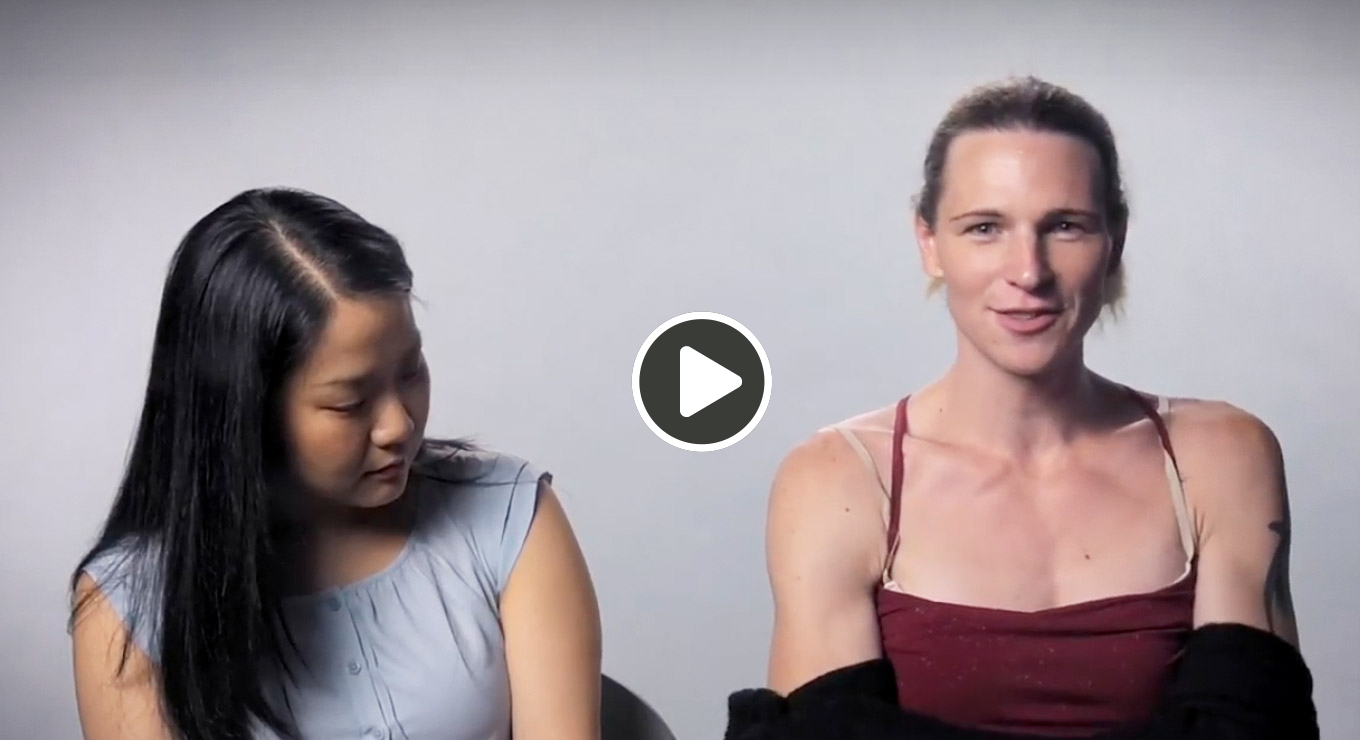Nutrition & Culture
Learn how our nutritionists provide culturally sensitive health care
A big part of Neighborcare’s mission is to provide culturally sensitive care to the diverse patients who rely on our community health centers for medical, dental and behavioral health services. We spoke with Neighborcare Diabetes Care and Education Specialist and Nutritionist Supervisor Stephanie Tarry Yoo about the important role culture plays in providing the health care our patients need and deserve.
Neighborcare: Why is it important for Neighborcare team members to think about our patients’ culture when providing care?
Stephanie: The decisions we make each day reflect both our cultural and personal experiences. At Neighborcare, we know that a patient lives in their culture more than they live in our medical clinics.
Culture plays a direct role in the health care decisions a patient makes. They may come from a culture that feels medications are the best way to manage a condition. Or they may come from a culture that believes medications may cause more damage than their health condition, especially when a condition has mild symptoms. This means that having a good understanding of how culture influences health behaviors can help health care teams meet patients where they are when treating chronic, somewhat “silent” conditions like high blood pressure, high cholesterol and high blood sugar.
Neighborcare: How does culturally sensitive care factor into the work of our dietitian nutritionists and diabetes care and education specialists?
Stephanie: Neighborcare's dietitian nutritionists strive to make a connection with each patient. We take the time to ask questions and listen to their choices, health practices and food options so we can understand their experience and build a treatment plan that works for them and their culture. If a patient fasts or has other dietary changes during parts of the year, we can adjust their medications or make food suggestions to help them safely manage their health each day.
For example, many of our Muslim patients with type 2 diabetes may choose to fast during Ramadan. This can mean 14-15 hours a day without food or drink. Neighborcare’s dieticians and diabetes educators recognize that Ramadan is very important to our Muslim patients’ cultural, spiritual and physical health, and can help these patients plan ahead and fast safely. Learn more about managing diabetes during Ramadan.
Abiy Tsom (Great Lent) is another example of the importance of recognizing the role culture plays in the health needs of patients with diabetes. Patients who observe Abiy Tsom for Orthodox Easter avoid all animal products for six weeks, which can result in lower cholesterol levels than during other times of year. Learn more about Abiy Tsom.

Left: Stephanie Tarry Yoo, Diabetes Care and Education Specialist and Nutritionist Supervisor at Neighborcare; Right: a Neighborcare patient receiving care
Neighborcare: What are some other examples of how our dietitian nutritionists adapt to the cultural needs of our patients?
Stephanie: All of us bring our culture with us when we move from place to place. It’s very important to meet each patient with an open mind so that they get what they need from the visit no matter what their background may be. At Neighborcare, we respect that our patients understand much more about their cultures and preferences than their health care provider might.
Regional cultures in the US are also important to consider. Some of our patients may feel that eating raw fruits and veggies or drinking tap water is unsafe because it was unsafe where they used to live. Also, cultural and food practices in the American South or Midwest are different than the Pacific Northwest and may be different than those found in local Indigenous cultures.
***
Thank you to Stephanie Tarry Yoo for taking the time to discuss the work of our dietitian nutritionists and the important role they play in helping patients maintain their health while also recognizing the importance of culture.
If you are a current Neighborcare patient, you can make an appointment with a dietitian nutritionist at your neighborhood clinic. New patients must establish care with a primary care provider before scheduling an appointment with a dietitian nutritionist. Learn more.
Join our mission!
Are you interested in community health? Do you share Neighborcare’s belief that everyone deserves access to quality health care, regardless of income, insurance or immigration status? Join our team!
At Neighborcare, we value social justice, cultural sensitivity, community and excellence. Our work is guided by how we treat our patients and each other, and shaped by our service commitments: respect, caring, trusting relationships and working together. Learn more (link to why work for us)
About Neighborcare Health
Neighborcare Health is the largest provider of primary medical, dental and behavioral health care services in Seattle neighborhoods where health disparities are greatest. Our care teams, who speak over 55 languages and dialects, are as diverse as our patients.
